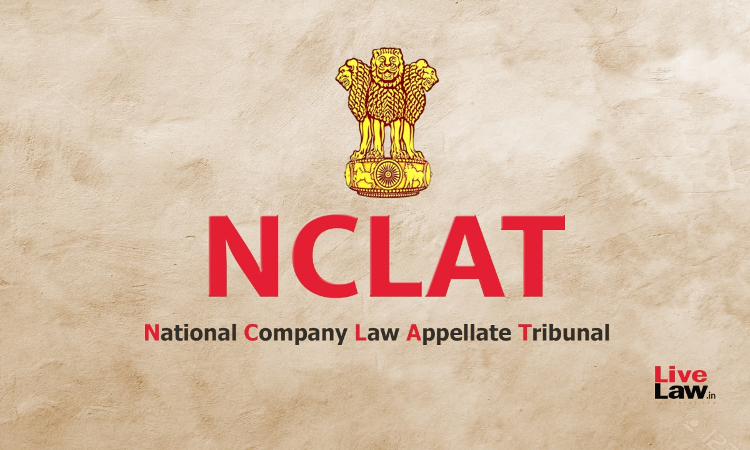The National Company Law Appellate Tribunal (NCLAT), Principal Bench, New Delhi, comprising Mr. Justice Ashok Bhushan (Chairperson), Mr. Barun Mitra (Technical Member) and Mr. Arun Baroka (Technical Member), held that personal guarantee can be invoked even if a put option has not been exercised. The Tribunal dismissed an appeal filed by Paresh Parekh and Manish Patel (personal...

